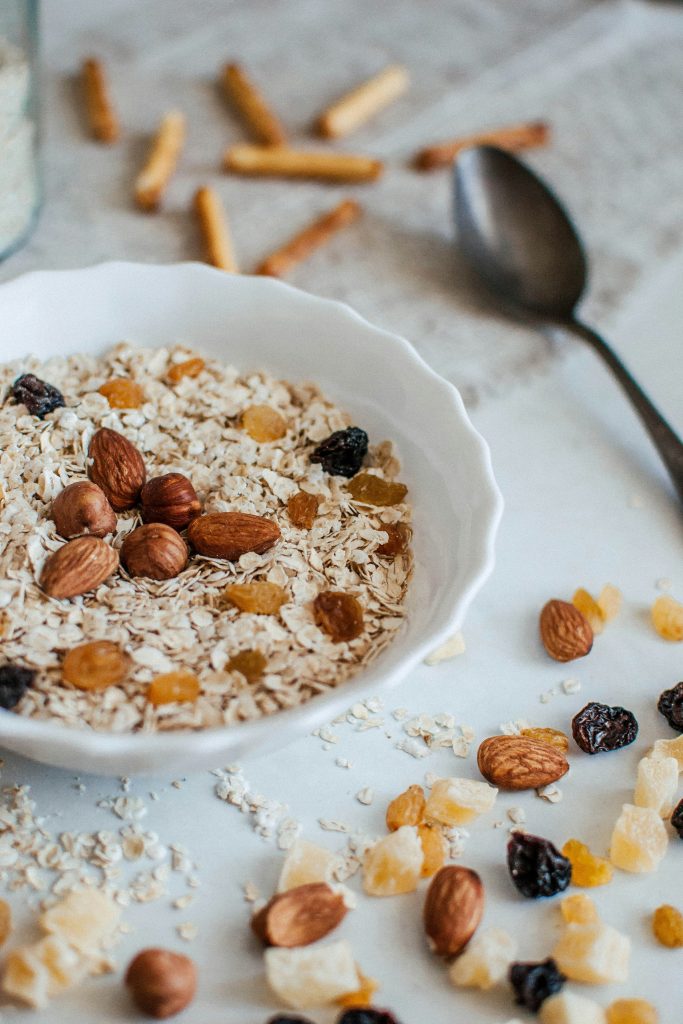In a world where convenience often trumps health, it’s essential to remind ourselves of the profound impact that food and nutrition have on our overall well-being. Food is not merely a means of satisfying hunger; it is the fuel that powers our bodies, shapes our health, and influences our longevity. Understanding the crucial link between food and nutrition is key to making informed dietary choices that promote a healthier lifestyle.

Nutrient-Rich Foods: The Foundation of Good Nutrition
At the core of nutrition lies the concept of consuming nutrient-rich foods. These foods provide essential vitamins, minerals, antioxidants, and macronutrients necessary for optimal functioning of the body. Fruits, vegetables, whole grains, lean proteins, and healthy fats form the cornerstone of a balanced diet. Incorporating a variety of these foods into meals ensures that our bodies receive a diverse range of nutrients, promoting overall health and reducing the risk of chronic diseases such as heart disease, diabetes, and certain cancers.
Balancing Macronutrients for Optimal Health
Macronutrients—carbohydrates, proteins, and fats—play distinct roles in our diet and are essential for maintaining good health. Carbohydrates serve as the body’s primary source of energy, while proteins are crucial for tissue repair and muscle growth. Healthy fats, such as those found in avocados, nuts, and olive oil, support brain function and aid in nutrient absorption. Achieving a balance of these macronutrients is key to supporting bodily functions and sustaining energy levels throughout the day.
The Importance of Micronutrients
In addition to macronutrients, micronutrients—such as vitamins and minerals—are vital for maintaining various physiological processes within the body. For example, calcium and vitamin D are essential for bone health, while vitamin C supports immune function and wound healing. Including a variety of nutrient-dense foods in our diet ensures an adequate intake of these micronutrients, thereby promoting overall health and well-being.
Mindful Eating for Better Nutrition
In today’s fast-paced world, it’s easy to fall into the trap of mindless eating, where we consume food quickly and without much thought. However, practicing mindful eating can lead to better nutrition and improved overall health. By paying attention to the taste, texture, and sensations of each bite, we can become more attuned to our body’s hunger and fullness cues, preventing overeating and promoting a healthier relationship with food.
The Role of Food in Disease Prevention
The old adage “you are what you eat” holds true when it comes to disease prevention. A diet rich in fruits, vegetables, whole grains, and lean proteins has been linked to a reduced risk of many chronic diseases, including heart disease, diabetes, and certain cancers. Conversely, diets high in processed foods, refined sugars, and unhealthy fats have been associated with an increased risk of these same diseases. By choosing nutritious foods and adopting healthy eating habits, we can significantly lower our risk of developing chronic illnesses and enjoy a higher quality of life.

Nutrition Across the Lifespan
Nutrition requirements vary at different stages of life, from infancy to old age. For instance, infants require specific nutrients for growth and development, while older adults may need more calcium and vitamin D to maintain bone health. Pregnant women have increased nutrient needs to support fetal growth and development, while athletes require additional fuel to sustain their energy levels during training and competition. Understanding these unique nutritional needs and tailoring our diets accordingly can help support optimal health and well-being at every stage of life.
Conclusion
Food and nutrition are intricately linked, with the foods we eat playing a significant role in shaping our health and well-being. By prioritizing nutrient-rich foods, balancing macronutrients, and practicing mindful eating, we can optimize our nutritional intake and reduce the risk of chronic diseases. Whether we’re aiming to improve our physical performance, support healthy aging, or simply enhance our overall quality of life, making informed dietary choices is essential. In a world inundated with processed foods and fad diets, let’s remember the power of wholesome, nutritious foods in nourishing our bodies and promoting longev